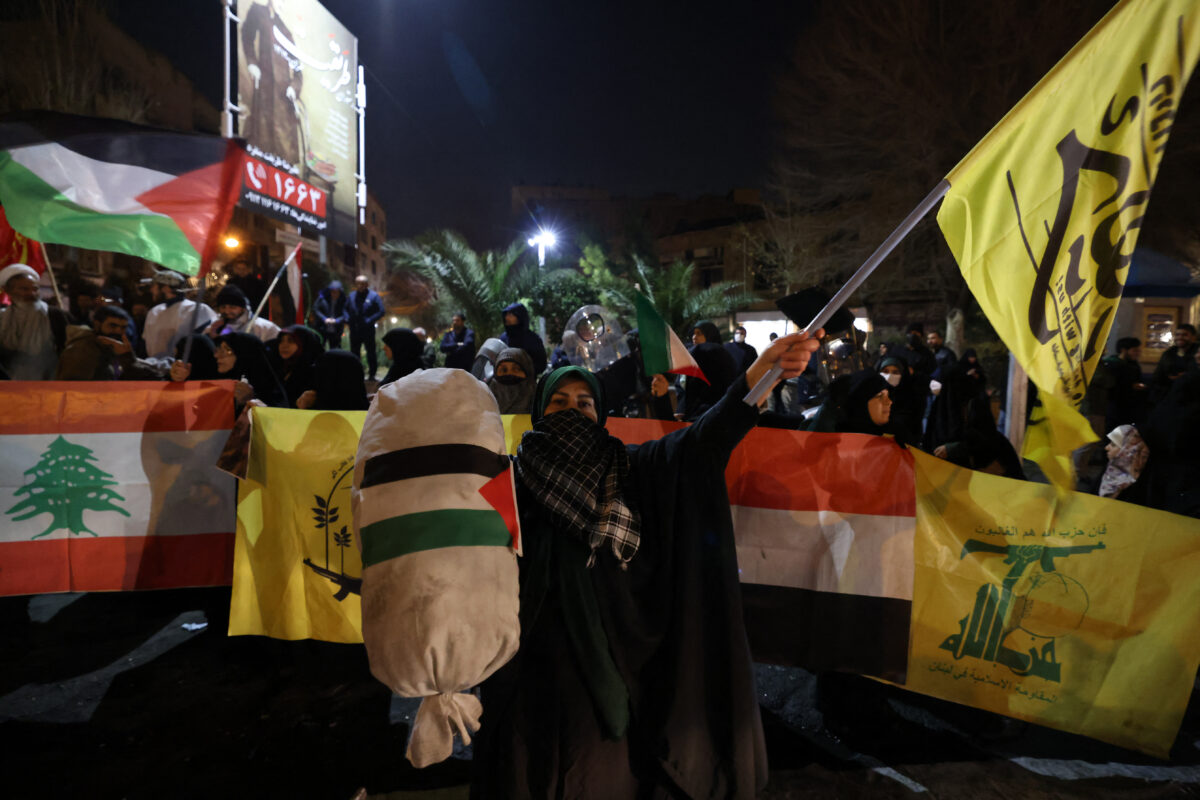
Ramzi Abou Ismail reveals an intricate interplay of diplomacy and power in the Middle East's current geopolitical landscape
In the cacophony of recent events in the Middle East – from Hamas’s aggression, Israeli military responses, to Houthi attacks, and the ensuing military reactions – it’s easy to be consumed by the fear of an impending war. However, a different narrative emerges upon closer examination, one of intricate diplomacy and strategic communications reshaping the relationships between key players like Iran, the United States, and Saudi Arabia. In this narrative, strategic messaging is as pivotal as the movements of fighter jets.
This period, often perceived as tumultuous, actually signals a significant shift in regional dynamics. What appears as disorder is, in reality, a complex dance of diplomatic maneuvering and strategic recalibrations.
Iran and the U.S.
Despite a history of tensions, signs of a cautious, yet significant, thaw are emerging between Iran and the U.S. This is less about an immediate resolution of deep-seated issues and more about a strategic alignment driven by mutual interests to stabilize the region. Iran’s influence in the Middle East, particularly in countries like Lebanon, has been a point of contention. Current dynamics suggest that Iran might be consolidating its position in these areas, possibly as part of broader negotiations, which could significantly impact regional politics and Iran’s role in the geopolitical landscape of the Middle East.
The Emerging Peacemaker
Saudi Arabia’s evolving position is particularly intriguing. Known traditionally as a staunch opponent of Iran and a close ally of the U.S., Saudi Arabia appears to be positioning itself as a mediator in the potential peace deal between Israel and Palestine. This role aligns with Saudi Arabia’s broader ambitions to assert its leadership in the Muslim world and to project a more modern, progressive image on the global stage.
Catalyst for Change?
The recent actions of Hamas, often viewed as disruptive, might serve a different purpose in Middle Eastern politics. Rather than mere provocations, these actions could be compelling the involved parties toward more urgent and focused dialogue. While creating immediate tensions, they also cast a spotlight on the longstanding Israeli-Palestinian dynamic, potentially hastening diplomatic efforts for comprehensive solutions. Hamas’s actions, whether by design or inadvertently, might be contributing to a scenario where bolder, more decisive diplomatic measures become viable.
The Prelude to a Historic Agreement
The convergence of these events could be leading toward a historic agreement, one that not only balances the regional security needs of Iran, Israel, and Saudi Arabia but also cements the U.S.’s role as a pivotal influence in the Middle East. This agreement could symbolize a new era of cooperation and stability in a region long beset by conflict and tension. However, amidst this high-level diplomatic play, there’s a concerning undercurrent – the sidelining of the common people in favor of authoritarian interests. The emerging ‘dream team’ of powerful nations might bring stability and order, but at what cost to democratic ideals and moral principles?
In the end, the U.S. may have brokered an alignment with the strongest regional players, potentially reshaping the Middle East’s future. Yet, this new order might come at the expense of the voice and values of the very people it affects the most.
Ramzi Abou Ismail is a political psychologist and researcher at the University of Kent.








